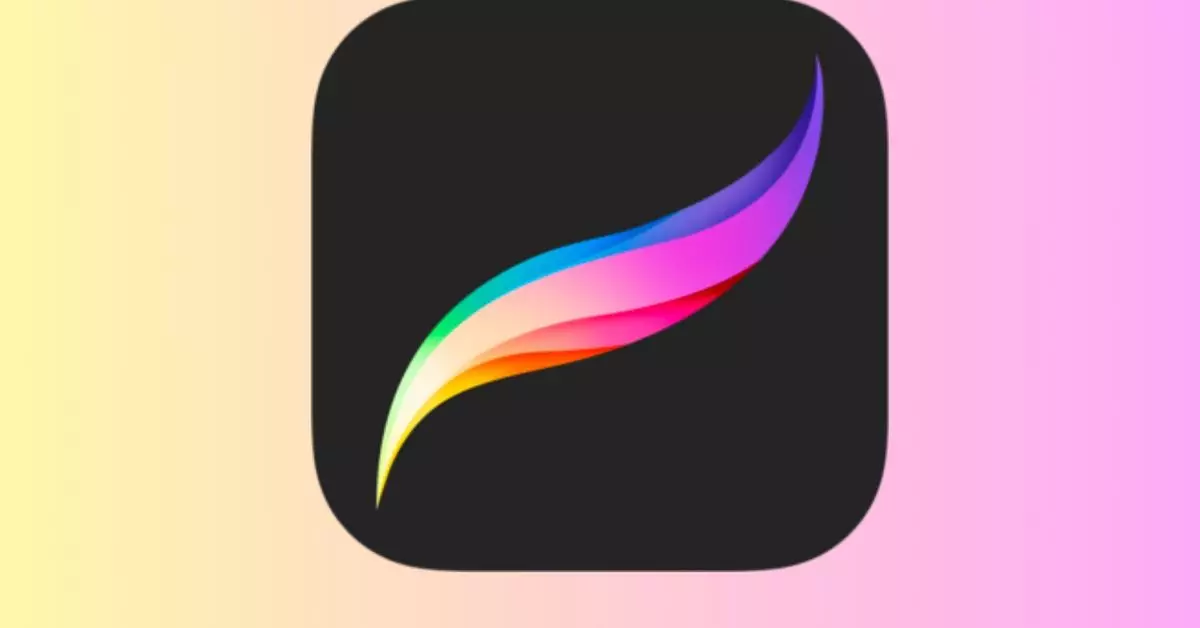Procreate CEO James Cuda recently made a bold statement regarding the company’s stance on generative AI. In a video posted online, Cuda declared, “We’re not going to be introducing any generative AI into our products.” This decision came as a relief to many Procreate users who have concerns about the impact of AI on the creative industry.
The Creative Community’s Concerns
The creative community has expressed two main concerns about the integration of generative AI into art applications. Firstly, there is a fear that AI models have been trained on their content without consent or compensation. This raises issues of intellectual property and fair compensation for artists. Secondly, there is the worry that widespread adoption of generative AI tools will lead to a reduction in employment opportunities for artists. Many digital illustrators have started to seek out alternative solutions to apps that incorporate generative AI tools.
Procreate has taken a strong stance against generative AI, with the company stating on its website, “Generative AI is ripping the humanity out of things. Built on a foundation of theft, the technology is steering us toward a barren future.” Despite acknowledging the potential benefits of machine learning, Procreate believes that the current trajectory of generative AI is not aligned with its values.
Industry Response
Procreate’s announcement has been met with widespread praise from creatives online. Other companies in the industry, such as Clip Studio Paint, have followed suit by abandoning plans to introduce image-generation features. Drawing tablet maker Wacom and Magic: The Gathering-owner Wizards of the Coast have also issued apologies for inadvertently using AI-generated assets in their products, following similar community backlash.
Adobe’s Controversy
Even Adobe, a giant in the creative software industry, has faced criticism for its handling of generative AI tools. Despite claiming to take a more “ethical” approach by licensing or using copyright-free content to train its AI models, Adobe has been accused of neglecting independent artists and creators. Updates to terms of service agreements and unfavorable changes over the years have solidified Adobe’s reputation as a company that creators love to hate.
In contrast to the controversy surrounding other companies, Procreate has maintained a positive reputation within the creative community. The company’s decision to stick to a one-time purchase model, rather than transitioning to a subscription-based model like Adobe and Clip Studio Paint, has been well-received. Additionally, Procreate’s expansion into animation products and plans for desktop users have further solidified its position as a favorite among artists.
Procreate’s stance against generative AI marks a significant moment in the ongoing debate within the creative industry. By taking a clear position on the use of AI in art applications, Procreate has distinguished itself as a company that prioritizes the needs and concerns of artists. As the industry continues to grapple with the implications of AI technology, Procreate’s decision serves as a beacon of integrity and respect for the creative process.


Leave a Reply